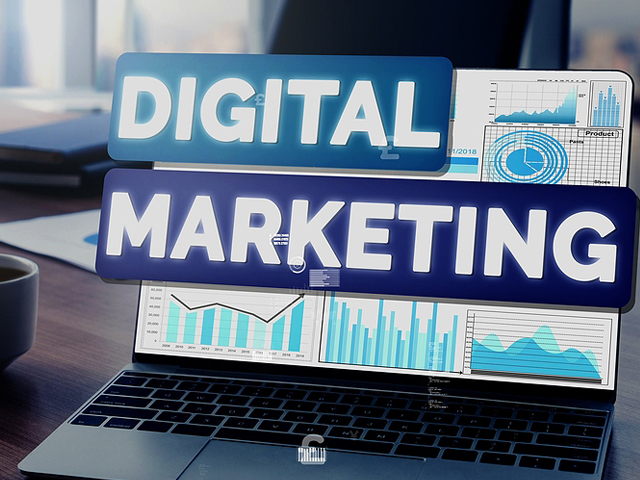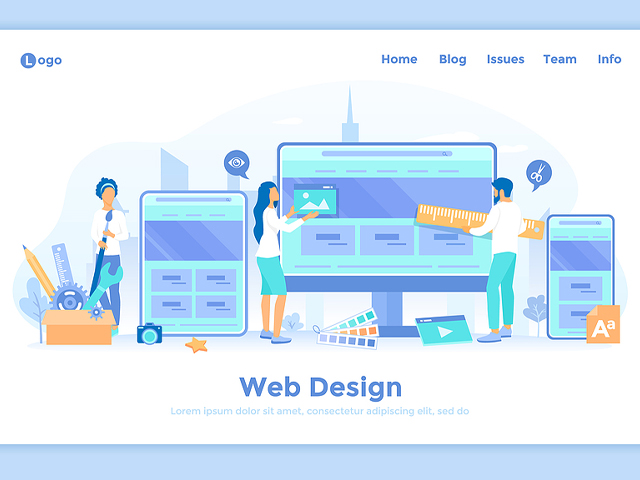
For many people, it can range from 5 to 10 weeks to learn Python programming. The basics include data types, object-oriented programming, functions, loops, variables, and basic Python syntax. Of course, this is just an average time estimate. How long it takes a person to learn Python will vary depending on how much experience they have with related skills including data science, web development and programming languages.
Taking a Python course online is a great place to start. Here, you will discover core concepts including lists, dictionaries, and libraries. These items are essential for any data-priority role. It is important to gain the correct training to develop fundamental Python comprehension. This will allow you to obtain more concepts with data science and complex machine learning as you progress. It is fairly simple to learn Python itself.
Simple Syntax Is Your Best Friend
There are many libraries to cipher through and learn from within the Python community. However, the syntax is quite simple, making for fast learning and most find the concepts pretty straightforward. The layout has been designed to create a streamlined and intuitive coding experience to simplify your workload. As you work with more complex projects that are larger, your brain will be less stressed.
Corporate Giants and Businesses Of All Sizes Use Python
Python is utilized in a variety of big companies and for a multitude of projects thanks to its diverse versatility. Amazon, NASA, Facebook and Reddit are some of the key users. Large corporations enjoy how versatile and powerful it is. This programming language is expected to increase its popularity worldwide. There are not many tech jobs that Python can't be applied to. This will make you a great asset to your clients and employer.
Robust Library Access
Python offers a streamlined coding process due to its robust libraries. This allows you to input action from the library directly into your code. Python is also open-source; therefore, its' resources and library list are continually expanding. Users will notice how versatile the libraries become as the language grows more popular. This process will allow people to streamline current content and write more code in less time.
How Hard Is It for Beginners to Learn Python?
This programming is considered to be friendly to beginners. This programming language makes it simple to use and understand because it prioritizes readability. Since the syntax shares similarities with English, it is simple for novice programmers to dive into the development world. Also, Python is a dynamically typed language. This makes the program more flexible and intuitive since the rules are not set in stone. Compared to other modes, it is a more forgiving language that can function with a certain level of errors.
Simplistic Programming Language
One of the main principles during development was to make Python easy to use. Guido van Rossum created Python in 1989 and released the program in 1991. The focus was on code readability and simplifying programming. It was designed to be flexible, and this open-source software can be run on numerous platforms including Mac OS, Linux and Windows.
This is an excellent programming language for beginners since the structural components and readability are simple to comprehend. Python isn't limited to basic use however and is widely used around the world to support complex apps and websites.
Python has become the preferred choice for Software Engineers, Data Scientists and Web Developers. This is partly due to the support systems for each feature within the object-oriented programming language combined with the procedural-oriented programming language. Take some courses to see for yourself.
Is It Possible to Learn Python By Myself?
Being relatively easy, it is definitely possible to begin using Python on your own. You can install Python and run it with easy from your machine. There is a huge user base for the program if you run into any issues. You will be able to connect with a community promptly to answer any questions or concerns.
How Can You Benefit from Learning Python?
Obtaining a skill that is in demand for your career is one of the main reasons people study Python. There are numerous benefits for learning it such as making it easier for you to pick up other programming languages and helping you communicate in teams. This is one of the fastest-growing programming languages on the planet. Learning how to apply it can help you stay at the head of the pack.
Python is used by a diversity of companies such as Disney, Google, Spotify, Netflix, Amazon, Facebook, and numerous others. It is ubiquitous and can be used in every industry. Python can be used for tasks that deal with web development, testing, AI, product development, data mining, embedded systems and more.
Being proficient in Python can help you get the job. Many job listings are looking for Python programming experience. LinkedIn has ranked Python as one of the top languages in-demand for employers.
Study Online & Learn Python At Home
You have probably heard that coding bootcamps and data science courses have become an extremely popular choice for people seeking to learn Python, and not only Python Developers like other tech jobs. Python experts from all stages need to keep learning to stay on top of changes to programming languages, techniques, and trends in data science in this ever-evolving field. Large screen laptops are particularly advantageous for individuals pursuing coding bootcamps and data science courses, as they provide ample screen real estate for effective programming and data analysis.
Another easy way to stay informed is by visiting open-source commons and contributing. Bootstrap and GitHub are places to help you stay up to date. If you are curious if a particular application is available or a library with certain functionality there are many places to find information. The Cheese Shop aka the Python Package Index is available on the Python website. There is also a search page for numerous sources of information related to the program.
Is Being Proficient at Math Vital for Python Success?
Being excellent at math is not a requirement if you are learning Python. If you passed math in high school, you will be just fine; however, even if you have practically zero mathematical ability, you will still be able to learn Python.
Recent studies show that communication skills are more essential than math skills for coding. Practices that are hiring should look for individuals with strong communication abilities.
How Long for A Beginner to Learn Python?
Typically, a beginner will take approximately 5 to 10 weeks to understand the Python fundamentals. It takes that long to learn most lines of code. If you are learning Python to work in a new career as a Python Developer, it will take much more time.
How Many Hours Are Required to Master Python?
You will have to devote a full-time schedule to learn Python if you are just starting out and want to learn it in 2 months or less if you are a beginner. If you budget forty hours a week learning Python, it will roughly take you approximately 250 hours to completely develop your Python capabilities.
Most beginners who want to learn Python create a plan where they spend time each day devoted to learning. Create a schedule where you work some hours of the day learning the Python fundamentals and then other hours each day where you practice your skills.
Is Python Difficult to Master?
While Python has a reputation for being one of the simplest programming languages for a beginner, it is also considered hard to master. Of course, if anyone works hard enough and applies themselves, they will be able to succeed. Note that you will have to dedicate a lot of patience and practice if you wish to become a Python Developer.
Is It Possible to Learn Python Without Having Programming Experience?
It is possible to learn Python if you don't have any previous programming experience. This program is extremely popular thanks to its' intuitive design and ease of use. Python is typically considered the ideal programming language for those who do not have any coding experience. You will appreciate its accessibility and its fluent syntax since it has been designed to allow users to read Python code the same way one reads commands in English. Indulge in some online courses to get the feel for it and work on becoming certified.
Which Should I Learn, Python 2 or Python 3?
Python 3 is in higher demand by employers. This version includes a typing system too. Python 2 has some applications in DevOps even though it relies on an outdated syntax.
Certain advantages of Python 3 include clear commands that are user-friendly and optimum syntax, its expansive libraries that are forwards-compatible and may benefit advanced Python Developers the most. Python can represent common emojis and foreign languages with Unicode and offers accurate integer division. These are some of the top reasons why this version is the best choice. Also, factor in that Python 2 is not supported any longer and vulnerabilities won't be patched anymore.
For Data Science Purposes How Much Time Is Required to Learn Python?
There are a variety of time estimates out there stating it may take between 3 and 12 months to master Python for data science. It may take longer compared to basic Python learning since Data Scientists utilize Python in different ways compared to programmers.
Python can be used for cleaning, building models, visualizing data, and retrieving for data science purposes. Applying Python to data science translates to spending more time using libraries such as Pandas and NumPy and learning modules.
If I Know Python, Can I Get A Job?
Of course, it will be dependent on numerous things if you get a job including skills, attitude, educational background and career experience; however, knowing Python will definitely be an asset.
There are many industries that value employees who have skills in Python development. It is a great way to upgrade your skillset if you haven't already completed training.











